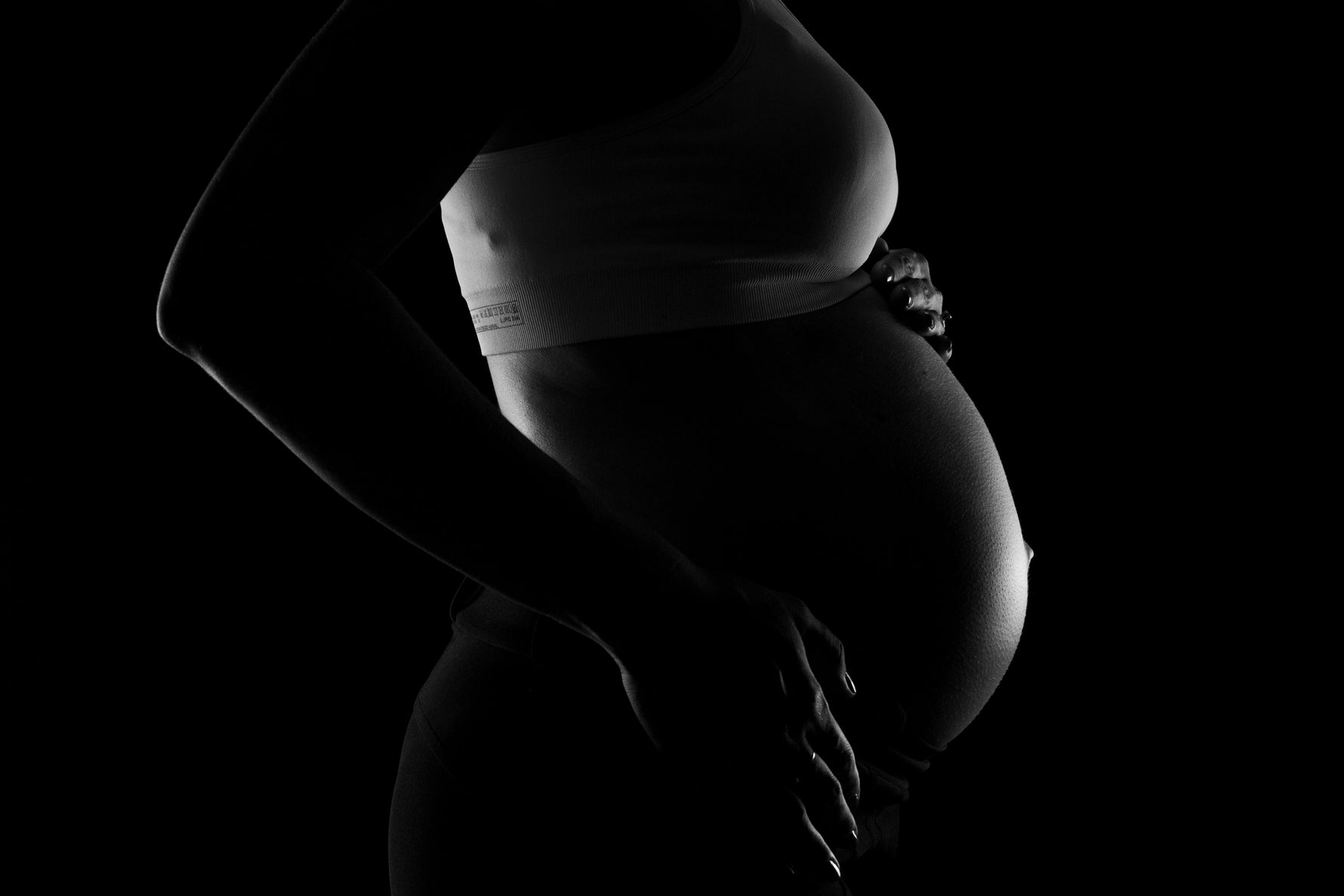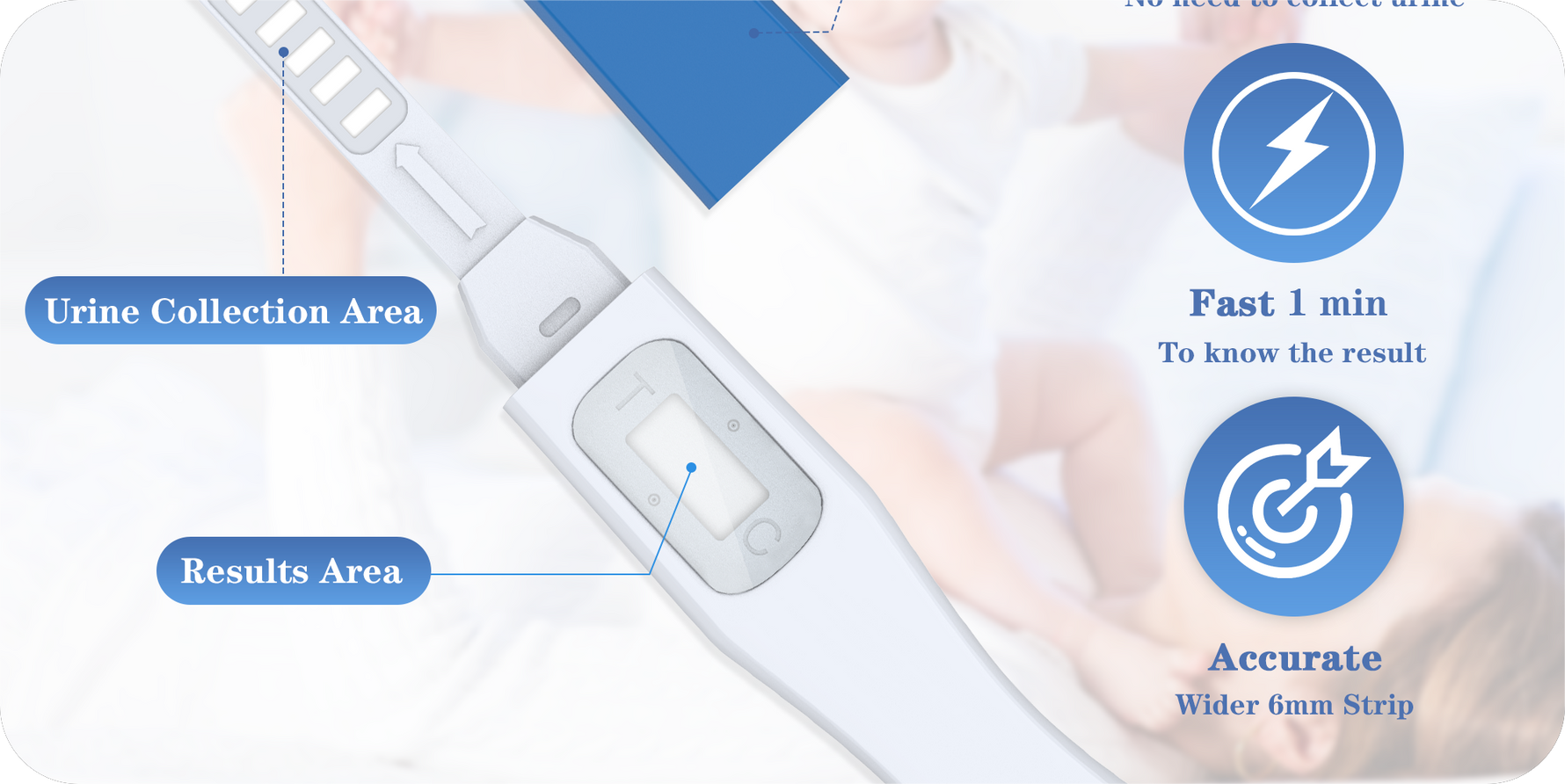Grossesse & Conseils d'allaitement pour les nouvelles mamans : avant la conception, tirage du lait & Soutien à la parentalité
Quand on essaie de concevoir, le moindre symptôme peut être source d'inquiétude. L'attente de savoir si le cœur vous réserve une grossesse ce mois-ci peut être insoutenable, et il est difficile de ne pas s'inquiéter de chaque petite douleur, crampe ou envie pressante d'uriner. Mais quels sont les premiers signes de grossesse auxquels il faut vraiment prêter attention ? Nous vous présentons ici les symptômes les plus courants en début de grossesse et des conseils pour soulager les désagréments qui en découlent. 1. Seins douloureux Vos seins vous font-ils souffrir ? Sont-ils sensibles et gonflés ? Si oui, il est possible que vous soyez enceinte ce cycle-ci. Les seins douloureux sont souvent l'un des premiers symptômes de grossesse, ce qui signifie que vous pouvez également vous attendre à des mamelons sensibles en début de grossesse. Malheureusement, de nombreuses femmes ressentent des douleurs mammaires pendant leurs règles, il peut donc être difficile de faire la différence entre la sensibilité habituelle des seins avant les règles et un signe précoce de grossesse. Mais il existe une différence essentielle : pendant la grossesse, la sensibilité ne disparaît pas comme c'est le cas avec le syndrome prémenstruel, explique Justice. Au contraire, les sensations douloureuses et de picotements ont tendance à s'intensifier avec le temps, pour s'atténuer généralement vers la fin du premier trimestre. Que devez-vous faire ? Pour soulager l'inconfort lié à ce symptôme de grossesse, procurez-vous un soutien-gorge adapté. Consultez un professionnel pour choisir la bonne taille et assurez-vous de prévoir un peu d'espace. Croyez-nous, votre poitrine va continuer à grossir. N'hésitez pas à utiliser des compresses chaudes ou froides si la gêne s'intensifie : choisissez ce qui vous soulage le mieux. 2. Assombrissement des aréoles Vos aréoles, c'est-à-dire la zone autour de vos mamelons, peuvent commencer à foncer et à s'agrandir dès une ou deux semaines après la conception, ce qui constitue l'un des premiers signes de grossesse les plus visibles. Et ce n'est pas tout : en y regardant de plus près, vous constaterez que les veines de vos seins sont également plus apparentes. Vous remarquerez peut-être aussi de petites bosses qui apparaissent sur le bord de vos aréoles. Ce sont les tubercules de Montgomery, conçus pour lubrifier vos mamelons une fois que bébé sera arrivé et prêt à téter. Si vous ne l'aviez pas encore constaté, vos seins subiront de nombreux changements pendant la grossesse. Que devez-vous faire ? Comme pour beaucoup d'autres symptômes de grossesse, il faut prendre son mal en patience. La coloration plus foncée des seins ne doit pas vous inquiéter : c'est un phénomène tout à fait normal pendant la grossesse. Vos mamelons sont probablement plus sensibles, surtout lorsqu'il fait froid ou qu'ils sont irrités. Appliquer des compresses chaudes et porter un soutien-gorge léger en coton doux peut vous soulager. 3. Crampes Tout comme les seins douloureux, les crampes font partie des premiers signes de grossesse. Cependant, elles ne doivent pas être intenses. Consultez votre médecin si vous avez des douleurs si fortes que vous êtes pliée en deux, si vous ressentez une douleur intense d'un seul côté, ou si vous avez des saignements et des crampes en même temps (en dehors de vos règles, bien sûr). Que devez-vous faire ? Si vous avez des crampes, ne paniquez pas. Beaucoup de femmes craignent immédiatement une fausse couche, mais selon Kimberly Harney, médecin et professeure agrégée de clinique en obstétrique-gynécologie et médecine materno-fœtale à l'hôpital pour enfants Lucile Packard de Stanford, en Californie, « de légères crampes pelviennes, symétriques et généralement situées au centre, au-dessus du pubis, peuvent être normales en début de grossesse ». 4. Repérage Vous constatez de légères pertes rosées ou brunes environ une semaine avant vos règles ? Si vous vous demandez si ces saignements peuvent être un signe de grossesse, la réponse est oui. Il pourrait s'agir de saignements d'implantation, l'un des premiers signes de grossesse.Cela se produit six à douze jours après la conception, lorsqu'un ovule fécondé s'implante profondément dans la paroi de l'utérus, provoquant une légère irritation. Sur le moment, on peut facilement confondre ces saignements avec l'arrivée des règles ; c'est donc un symptôme de grossesse souvent remarqué après coup. « Vous ne saurez probablement pas que les saignements irréguliers que vous avez eus étaient des saignements d'implantation avant d'obtenir un test de grossesse positif et de vous souvenir de ces pertes », explique le Dr Justice. Que devez-vous faire ? Croisons les doigts ! Cela pourrait être bon signe. Si vos règles sont en retard, faites un test de grossesse pour vérifier si ces saignements légers sont bien un signe précoce de grossesse. Si le test s'avère négatif, notez la date des saignements et le jour de votre cycle. Surveillez attentivement vos prochains cycles et observez si vous constatez des saignements légers. Des saignements en milieu de cycle peuvent être le signe d'un problème médical nécessitant un diagnostic ; consultez donc votre gynécologue si vous remarquez une régularité. 5. Température basale élevée Si vous suivez votre température basale, vous avez peut-être remarqué un signe subtil de grossesse, souvent imperceptible pour de nombreuses femmes : une température plus élevée que d'habitude. Lors de la prise de votre courbe de température, votre température basale (ou température au réveil) atteint son maximum au moment de l'ovulation, puis diminue progressivement jusqu'aux règles. Mais si vous tombez enceinte pendant votre cycle, votre température basale ne chutera pas brutalement ; au contraire, elle restera élevée. Que devez-vous faire ? Si vous tenez déjà votre courbe de température, continuez ainsi et profitez de ces températures élevées. Si vous ne la suivez pas et que vous essayez de concevoir, pensez à commencer une courbe de température basale pour mieux connaître votre cycle. Le meilleur moment pour commencer est le premier jour de vos règles. 6. Fatigue C'est sans doute l'un des premiers signes de grossesse les plus difficiles à vivre. Il ne s'agit pas simplement d'une baisse d'énergie, mais d'une fatigue extrême, telle que vous n'arrivez plus à garder les yeux ouverts, que vous ressentirez probablement tout au long du premier trimestre. Cette fatigue intense est due aux hormones de grossesse et, surtout, aux efforts de votre corps pour assurer le développement du bébé. Que devez-vous faire ? N'hésitez pas à repousser votre réveil ou à faire cette sieste en début de soirée dont vous rêvez. Plus vous vous sentirez bien, mieux ce sera pour bébé. Certains aliments énergisants peuvent également vous aider à lutter contre la fatigue du premier trimestre de grossesse. 7. Mictions fréquentes Vous urinez plus souvent que d'habitude ? Ce n'est peut-être pas l'un des premiers signes de grossesse que vous remarquerez, mais uriner plus fréquemment fait assurément partie des symptômes courants de la grossesse et apparaît généralement deux à trois semaines après la conception. Que devez-vous faire ? Si vous allez aux toilettes toutes les nuits et que ce n'est pas à cause de quelques margaritas de trop, faites un test de grossesse et appelez votre médecin. Il est possible que vous soyez enceinte. Conclusion Découvrir les premiers signes de grossesse peut être à la fois excitant et angoissant. Des seins douloureux aux envies fréquentes d'uriner, votre corps subit divers changements pendant la conception. Bien que ces symptômes puissent varier d'une femme à l'autre, être attentive aux signaux de votre corps et consulter un professionnel de santé en cas de besoin peut faciliter votre parcours. N'oubliez pas que chaque grossesse est unique et que votre expérience témoigne de l'incroyable aventure qu'est la maternité.
















